Premium Only Content
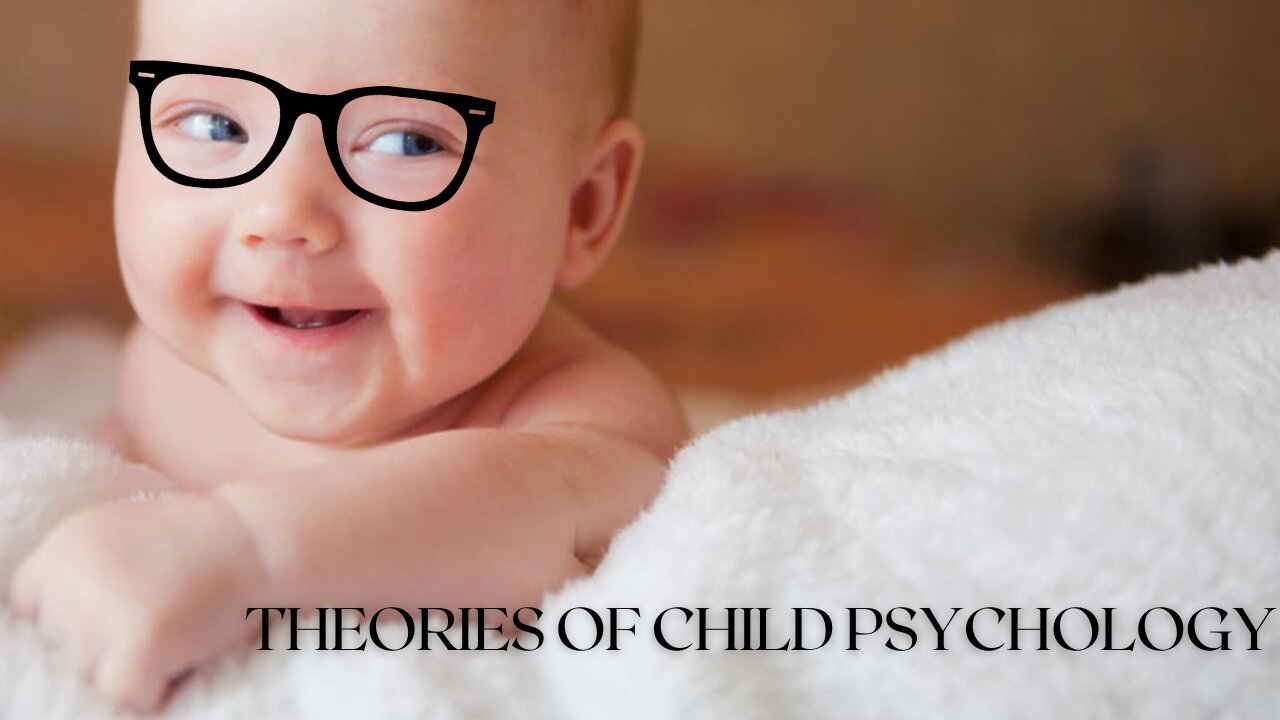
THEORIES OF CHILD PSYCHOLOGY
Developmental psychology is the scientific study of how and why human beings change over the course of their life. Originally concerned with infants and children, the field has expanded to include adolescence, adult development, aging, and the entire lifespan. Developmental psychologists aim to explain how thinking, feeling, and behaviors change throughout life. This field examines change across three major dimensions: physical development, cognitive development, and social emotional development
There are many child development theories that have been proposed by theorists and researchers. More recent theories outline the developmental stages of children and identify the typical ages at which these growth milestones occur
Freud's Psychosexual Developmental Theory
Psychoanalytic theory originated with the work of Sigmund Freud. Through his clinical work with patients suffering from mental illness, Freud came to believe that childhood experiences and unconscious desires influenced behavior
Erikson's Psychosocial Developmental Theory
Psychoanalytic theory was an enormously influential force during the first half of the twentieth century. Those inspired and influenced by Freud went on to expand upon Freud's ideas and develop theories of their own. Of these neo-Freudians, Erik Erikson's ideas have become perhaps the best known
Two important types of learning that emerged from this approach to development are classical conditioning and operant conditioning. Classical conditioning involves learning by pairing a naturally occurring stimulus with a previously neutral stimulus. Operant conditioning utilizes reinforcement and punishment to modify behaviors
-
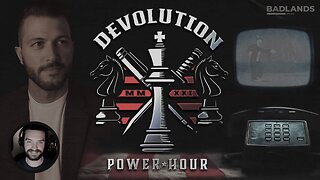 2:38:37
2:38:37
Badlands Media
14 hours agoDevolution Power Hour Ep. 366: Media Meltdowns, Military Optics, and the Myth of Normalcy
195K15 -
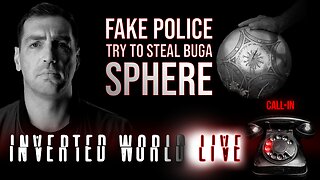 2:03:37
2:03:37
Inverted World Live
6 hours agoFake Police Try to Steal Buga Sphere | Ep. 65
91.8K9 -
 2:44:50
2:44:50
TimcastIRL
8 hours agoTrump ROASTS "Communist Lunatic" Zohran Mamdani after NYC Dem Primary Win | Timcast IRL
269K78 -
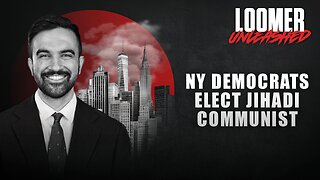 3:10:51
3:10:51
Laura Loomer
7 hours agoEP129: NY Democrats Elect Jihadi Communist
43.7K24 -
 3:01:30
3:01:30
Barry Cunningham
8 hours agoPRESIDENT TRUMP HAS SPARKED A NEW ATTITUDE! DO YOU FEEL IT?
86.5K60 -
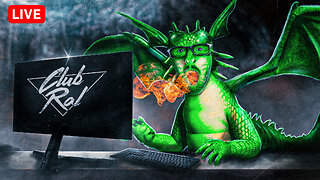 8:05:28
8:05:28
RalliedLIVE
12 hours ago $4.29 earnedSpecialist Addicted Man Plays Warzone
69.3K2 -
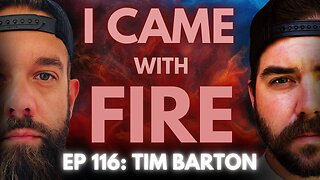 1:05:42
1:05:42
I_Came_With_Fire_Podcast
9 hours agoFaith & America's Founders
45.9K5 -
 9:21:33
9:21:33
Dr Disrespect
16 hours ago🔴LIVE - DR DISRESPECT - THE BEST IS BACK!
211K25 -
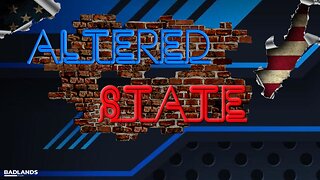 1:32:53
1:32:53
Badlands Media
1 day agoAltered State S3 Ep. 34: Sub Wars, Sun Cycles, and the Shifting Matrix
88.5K7 -
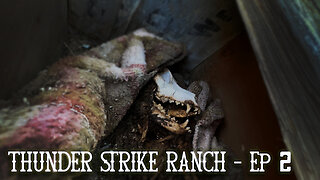 43:41
43:41
CarlCrusher
7 hours agoSHOCKING Discovery on the Path of the Skinwalker | Thunder Strike Ranch | Episode 2
40.7K4